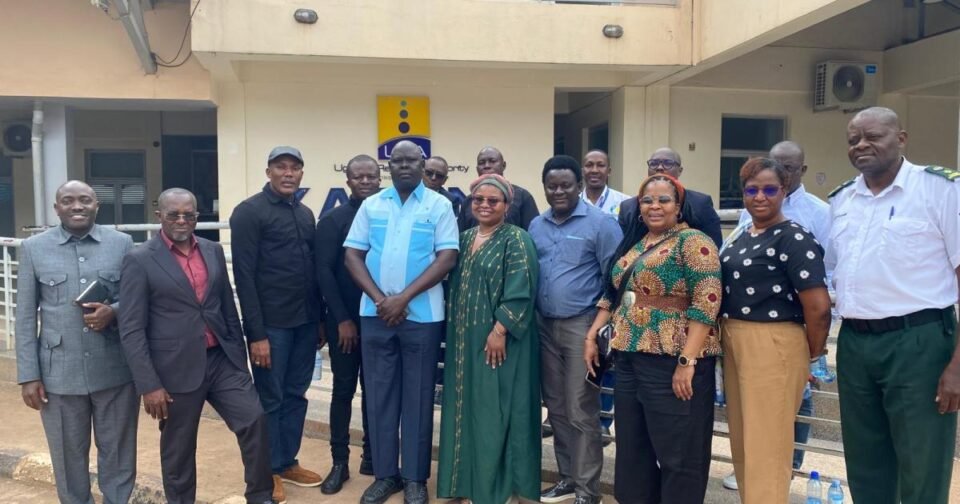From November 26 to 28, 2024, Rwanda hosted officials from seven African countries—Gambia, Liberia, Nigeria, Sierra Leone, South Sudan, Togo, and Uganda—for a learning exchange focused on implementing the Free Movement of Persons Protocol (FMP). This initiative, organized by the International Organization for Migration and the African Union Commission, aims to accelerate the protocol’s adoption across the continent.
During their visit, the delegates engaged with Rwanda’s key institutions, including the Ministries of Foreign Affairs and Education, Immigration services, and the National Police. They toured Kigali International Airport to observe its state-of-the-art infrastructure and visited the Gatuna/Katuna One-Stop Border Post at the Rwanda-Uganda border to understand Rwanda’s practical approach to cross-border movement.
This experience-sharing visit is part of the African Union’s strategy to promote integration by allowing countries to learn from one another. Delegates explored Rwanda’s phased implementation of the FMP Protocol, which includes provisions for the right of entry, residence, and establishment. Rwanda free movement protocol.
Ambassador James Kur Muorwel of South Sudan praised Rwanda’s leadership in fostering free movement, highlighting its potential to empower Africa’s youth and redistribute resources equitably across the continent. Similarly, Togo’s representative, Comdt. Lenatou Akapko, emphasized the importance of enhancing border infrastructure and implementing robust identity systems to address security concerns.
Rwanda’s open visa policy, a key part of its FMP implementation, has made the country a hub for tourism, labor mobility, and international conferences, driving economic growth and investor interest. Despite these advancements, the FMP Protocol faces slow ratification; only five of 55 African Union member states, including Rwanda, have ratified it since its adoption in 2018.
The protocol is essential for achieving Africa’s broader goals under Agenda 2063, including socio-economic integration and sustainable development. It complements initiatives like the African Continental Free Trade Area , which links trade liberalization with human mobility.

